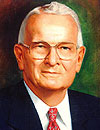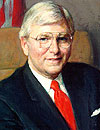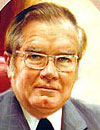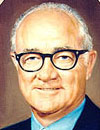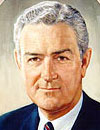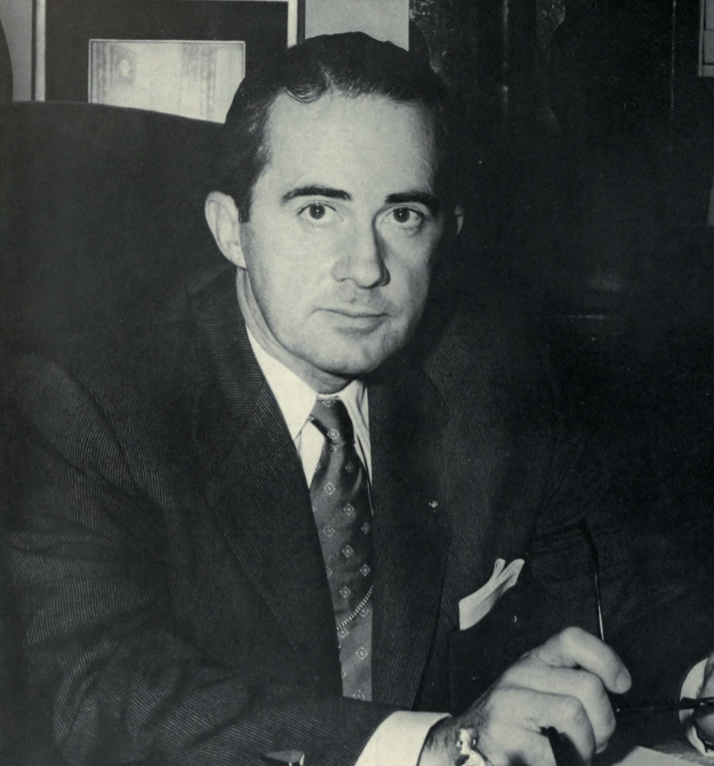Texas
Gov. Samuel Houston
- December 21, 1859 - March 16, 1861
- Union Democratic
- March 2, 1793
- July 26, 1863
- Virginia
- Married three times--Eliza H. Allen, Diana Rogers (common law), Margaret Moffette Lea; eight children
- Resigned
- Representative, Senator
- Army, National Guard
About
The only person ever to serve as governor of more than one state, SAMUEL HOUSTON was born in Rockbridge County, Virginia and moved to Tennessee as a child. In 1813, he enlisted in the Army, serving under General Andrew Jackson in the Creek War. Wounded in the Battle of Horseshoe Bend, he rose to the rank of First Lieutenant. After resigning his military commission in 1818, he studied law and opened a law office in Lebanon, Tennessee. In 1821 he was elected Major General of the Tennessee Militia and served in Congress from 1823 to 1826. He studied law and was elected District of Attorney for Davidson and later appointed state Adjutant-General and then Major-General. He was elected governor of Tennessee in 1827 but resigned two years later after separating from his first wife. He migrated to the Indian Territory, where he established a trading post among the Cherokees near Fort Gibson and was admitted to tribal citizenship. In 1833 he moved to Texas, settling near Nacogdoches, which he represented in the Convention of 1836, signing the Declaration of Independence from Mexico. On March 4, 1836, he defeated General Antonio Lopez de Santa Anna at the Battle of San Jacinto and five months later was elected the first President of the Republic of Texas, serving two nonconsecutive terms. When Texas was annexed to the Union, Houston won election to the U.S. Senate, serving from 1846 to 1859. He became a Know-Nothing during his years in the Senate and ran unsuccessfully for governor on a Know-Nothing Platform in 1857. Two years later, however, he won the gubernatorial race as a Union Democrat. Although Texas was a pro-southern state during the Civil War, Houston denounced the secessionist movement. After finding no backing to run for President on a compromise ticket, he acquiesced to the state legislature’s order for a popular referendum, which approved Texas’s secession from the Union. When the state seceded, Houston argued that Texas was again a republic and not a member of the Confederacy and refused to take the oath of allegiance to the Confederate States of America. The state’s Secession Convention declared the office of governor vacant and Houston was succeeded by the Lieutenant Governor in March, 1861. He retired to his farm near Huntsville, where he died two years later.
Source
Sobel, Robert, and John Raimo, eds. Biographical Directory of the Governors of the United States, 1789-1978, Vol. 4. Westport, CT: Meckler Books, 1978. 4 vols.
The National Cyclopaedia of American Biography, Vol. 9. New York: James T. White & Company.
Texas State Library & Archives Commission





